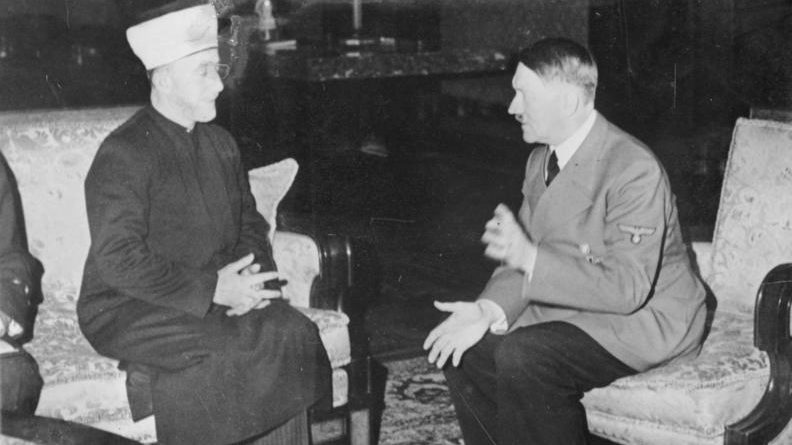Hajj Muhammad Hitler
Al-Masry Al-Youm, Egypt, December 6
In 1925, Egyptian scholar Ali Abdel Raziq published his book, “Islam and the Foundations of Governance,” in which he argued against a role for religion in politics. Consequently, he was dismissed from his job under the direction of King Fuad, who aspired to become a caliph to the Muslims and supported the nascent Muslim Brotherhood movement. Notably, at the exact same time, Europe witnessed the publication of Adolf Hitler’s book, “Mein Kampf,” laying out Hitler’s racist ideology and vision that paved his way to the leadership of the Nazi Party, which riled Germany in 1933. What is striking here is that both worlds — Europe and the Arab world — suffered from the illusion of grand power and racial supremacism, each in its own way. Both worldviews drew strong inspiration from a long-lost past. While Egyptian and the Arab Islamists drew inspiration from the fall of the Ottoman Empire, Hitler and his Nazi Party looked back at their country’s defeat World War I. In both contexts, a radical movement managed to creep in from the fringe of society and assume center stage by pushing the masses to ruminate over the past and galvanizing them to adopt a fictional future. The Muslim Brotherhood, just like the Nazi Party, clung on to a humiliating historical defeat in order to stir the public’s feelings and mobilize the masses in its favor. Religion, just like politics, has been made by men. Therefore, it is subject to human bias and human interests. The strange convergence between Nazism and Islamic Jihad was most apparent during World War II, when Sheikh Amin al-Husseini, the Grand Mufti of Jerusalem, traveled to Berlin to meet with Hitler, declaring jihad against the Allies, led by Britain. In fact, there were rumors floating throughout the Arab world that Sheikh Al-Husseini gave Hitler the title “Haj Muhammad Hitler” after teaching him the theory of Islamic martyrdom. Following World War II and the defeat of Nazism, the Western world finally rid itself of fascist movements that espoused radical ideologies. But in the East, and especially in the Arab world, the concept of political Islam continued to develop and grow into a destructive ideology. The West isolated itself against ideological extremism by uprooting Nazism, while in the Arab world, thousands of Hitler sympathizers grew up speaking Arabic and professing Islam. Unfortunately, while Europe escaped its problematic legacy with Nazism, the Middle East became a hotbed for many of its radical ideologies. While Europe turned its face toward freedom and democracy, many in the Arab world, inspired by “Hajj Muhammad Hitler,” began openly adopting Islamic fascism. – Hussam Al-Adli (translated by Asaf Zilberfarb)


